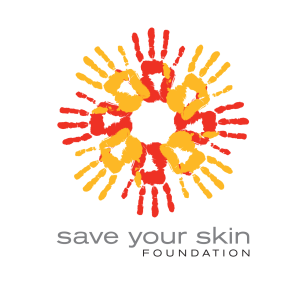Managing Grief
Grief is the normal and natural emotional reaction to loss or change of any kind. Of itself, grief is neither a pathological condition nor a personality disorder. Living with a chronic illness creates change and loss. The conflicting feelings caused by the end of or change in a familiar pattern of behavior leads to Grief.
Grief is complicated. There is no one way to experience grief. Feelings, thoughts, reactions, and challenges related to grief are very personal. The experience of grief is unique to each of us, unique to what we are grieving and may change over time. Prior to a diagnosis missing out on a lunch date with a friend may be disappointing. After diagnosis, missing out on lunch with a friend because you aren’t feeling well may trigger a feeling of grief. Something you enjoyed in the past has changed or been taken away because of your illness.
The type of loss or change can vary across a huge spectrum. From tangible losses, such as loss of movement, loss of income and changes to physical appearance; to intangible losses such as loss of control, loss of independence, loss of hope for the future.
If we are able to recognize that what we are feeling is grief, we can then move forward with finding the best suited support and resources. If you are feeling overwhelmed by your grief, finding professional support can help you in navigating the complexities of grief.
Strategies
- How to Get a Good Night Sleep While Grieving – Grievable.com
- 32 Solutions for When You Can’t Sleep – Greatist.com
- Power Sleep Guided Meditation: Beliefs Sleep Hypnosis for Falling Asleep – Jason Stephenson YouTube
- Can’t Sleep, Meditation for Insomnia – Jason Stephenson YouTube
- Insomnia What To Do When you Can’t Sleep – HelpGuide.org
- Benefits of Mindfulness – HelpGuide.org
- Guided Mindfulness Meditation on Controlling Negative Thoughts (15 Minutes) – YouTube
- Mindfulness Dissolves Thoughts — Attention Is What’s Left Over, with Jon Kabat-Zinn – YouTube
- Mindfulness and the Breath – thebreathproject.org
- 22 Mindfulness Exercises, Techniques & Activities for Adults – positivepsychologyprogram.com
Listed above are a few sources of information and support you might find useful. These groups are not connected to Save Your Skin Foundation. We are providing the links as useful sources of information but do not monitor content for accuracy and quality.
NOTE: The information on the Save Your Skin website is not intended to replace the medical advice of a doctor or healthcare provider. While we make every effort to ensure that the information on our site is as current as possible, please note that information and statistics are subject to change as new research and studies are published.
100% OF DONATIONS GO TO PATIENTS
Making awareness and education available is crucial. Since 2006, the Foundation has worked to raise awareness of melanoma and non-melanoma skin cancers focusing on education, prevention and the need for improved patient care.


